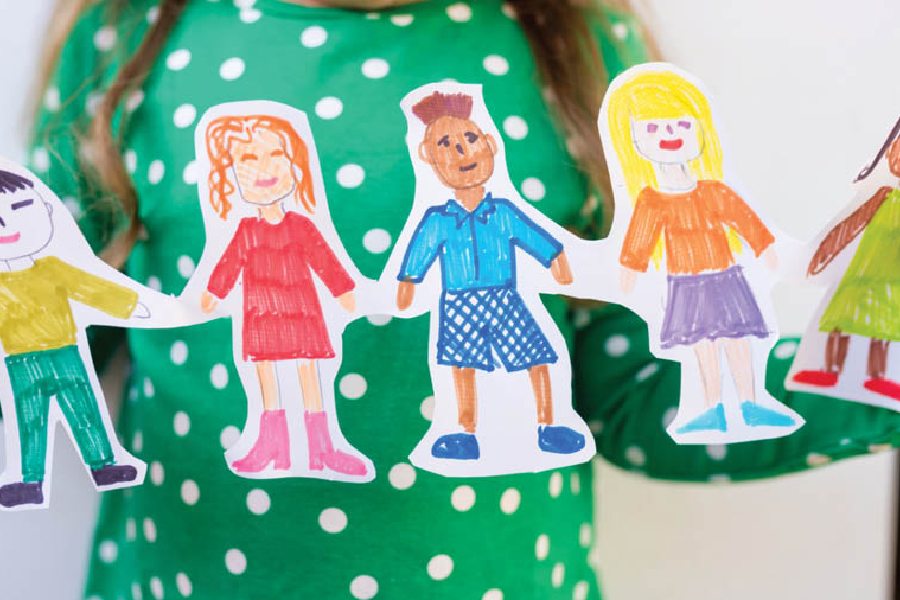Parents should teach children to call private body parts by their proper names instead of giving them some other name, said counsellors and principals of schools.
Private parts should be identified as body parts instead of creating a taboo around them, they said.
If it is not normalised in conversation and treated as a taboo topic, children might hide an incident of abuse thinking it is not to be talked about, said a principal.
At least one school had a session with parents of Classes I to V last year when they were told to use the scientific names when talking to the children instead of creating a different vocabulary to identify private parts.
“In a session with parents, we told them to use the scientific name of body parts instead of giving some other name. They should stick to the same vocabulary as the school otherwise children get confused,” said Pratima Nayar , principal, junior school, Calcutta International School.
Counsellors and teachers said if children are too small then the parts can be addressed as private parts and gradually named as they get older.
“Every body part has a name, then why not use it? If children are too small then it can be called private parts instead of using some other name and then as they grow older they should start identifying names,” said psychotherapist Farishta Dastur Mukerji.
“We tell parents not to talk about the parts by using made-up names. As soon as parents think the child is old enough to understand, then while giving them a bath or during toilet training they can tell them the name of the body part,” said Suman Sood, director, of BD Memorial Junior School and national core committee member of Early Childhood Association, a forum of preschools.
“When children start asking, we should give them the names. We must not withhold any information because we think they are too young, the fact that they are asking proves that they are not,” said Sood.
Conversation helps children feel objective about body parts.
“Children should not be embarrassed about it. When parents use other names or do not talk about it, the tendency to hide grows among them. So if there is abuse they will try to hide it,” said Sood.
Parents should refrain from using adjectives like good or bad, said Nayar .
“Not knowing the correct names can create a barrier when children talk to counsellors. They use the names given by parents and then counsellors cannot understand what the child is trying to say,” said Terence John, principal, Julien Day School Kalyani.
The orientation has to be both of parents and teachers who are dealing with children, said principals.
“Only when teachers are oriented will it translate in class,” said Nayar .
Such barriers in language are created because adults are conditioned in a certain way and do not know how and when to have these conversations with children.
“Often, with adults, it is their anxiety about talking about private parts that comes in the way,” Dastur Mukerji.
